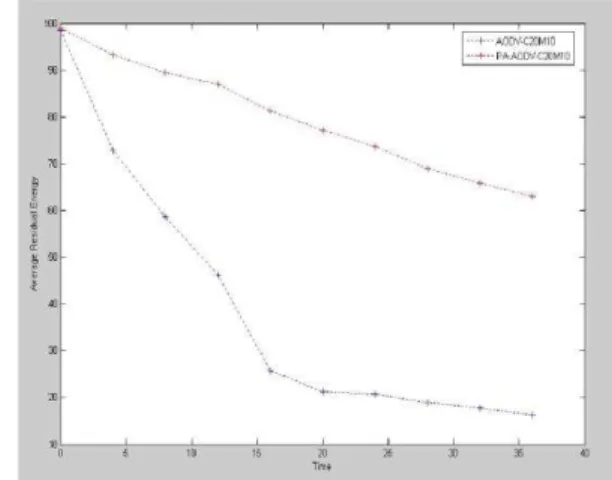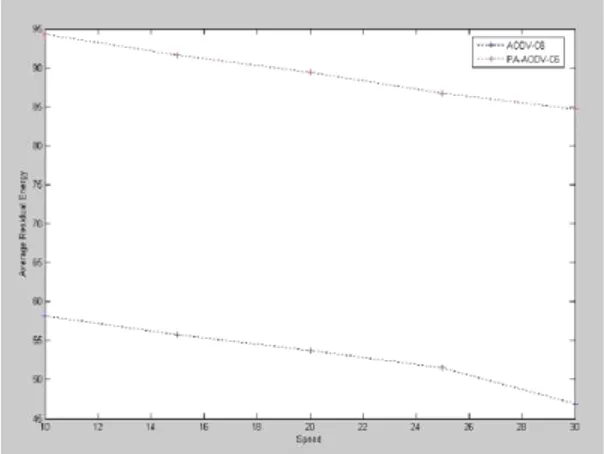Energy Efficient Routing in Mobile Adhoc Networks based on AODV Protocol
Texto
Imagem



Documentos relacionados
The critical mobility parameter represented by the mobile nodes speed‟s effect on average predicted energy consumption by the optimal path nodes and on the
To answer this question, we proposed the Energy-Efficient Cloud Orchestrator (e-eco), an orchestra- tor of energy-saving techniques and mechanisms on a cloud environment that aims
This phase discusses about the Conjugative sleep scheduling scheme in order to efficiently compute routing for the localized energy levels in wireless sensor networks.
We have evaluated three commonly used adhoc routing protocols DSDV, DSR and AODV along with the proposed MADA-AODV protocol with different mobility and
As seen from the simulation results in LEACH R, transmissions to the base station (high energy), takes place only from the R nodes which are selected from
This paper proposes an energy efficient routing protocol for heterogeneous sensor networks with the goal of finding the nearest base station or sink node1. Hence the problem of
This paper addresses the problem of energy- efficient and power aware data routing strategies within the Wireless Ad hoc Networks using directional antennas and considers the
In this paper a H-MAC protocol (Hybrid Medium Access Control protocol) has been proposed, which is an energy efficient and low latency MAC protocol which uses node ID